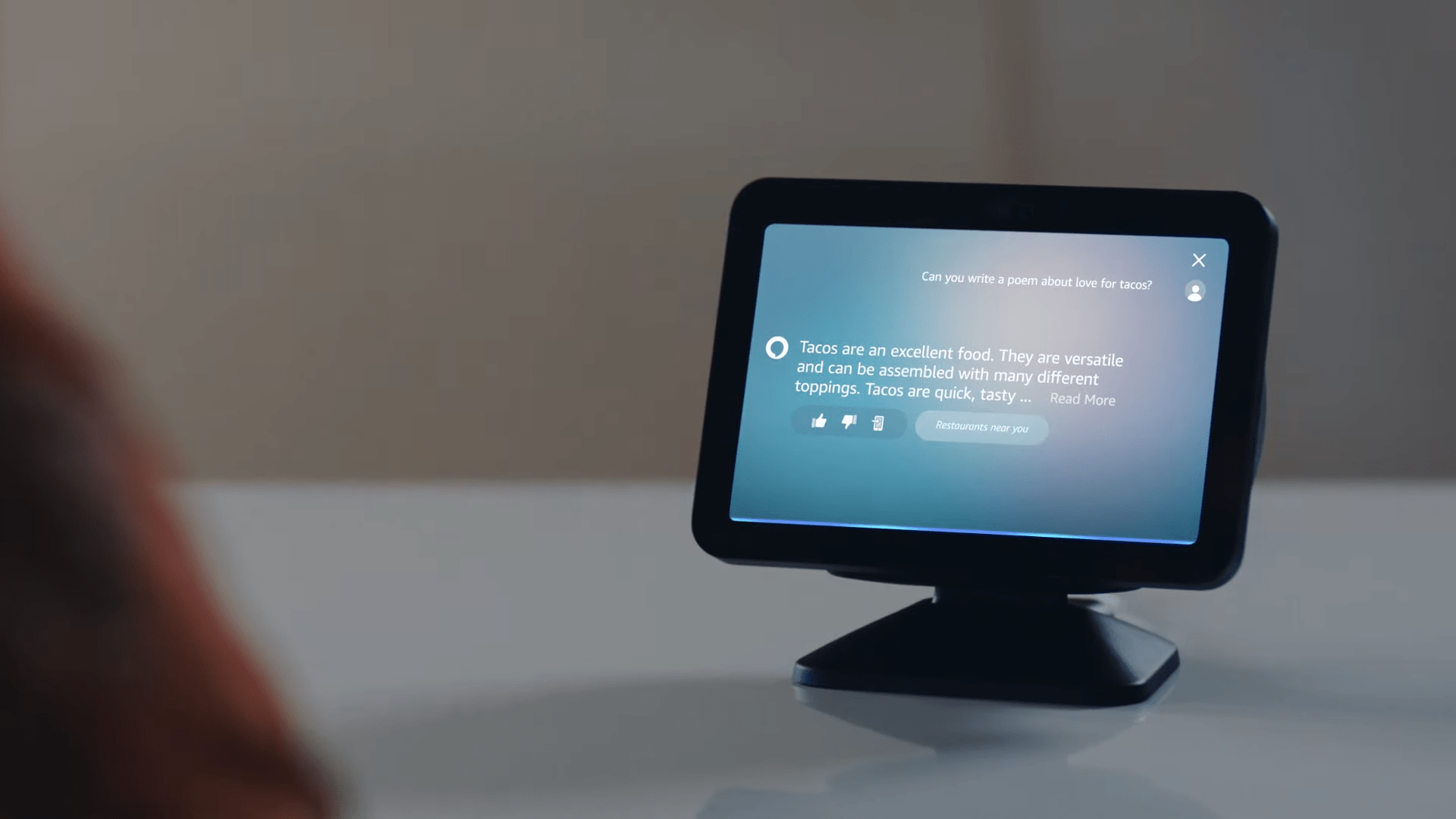Older Echo devices, latency and AI bugs are slowing down Amazon's AI ambitions for Alexa

Amazon's ambitious AI upgrade for Alexa is struggling with significant technical issues, according to internal documents. The assistant's relaunch could be delayed.
Internal Amazon documents obtained by Fortune show that the company is struggling with significant performance issues in its planned AI upgrade for Alexa.
The documents reveal that the new AI version of Alexa faces latency times of up to 10 seconds on older Echo devices, which make up a substantial portion of the installed base. This is well above Amazon's target of 2-4 seconds for basic requests.
Third-party service integration problems
The internal documents also show difficulties integrating third-party services. Tests indicated that connections to services like Uber and OpenTable through the new AI system frequently fail or time out. According to current plans, the new Alexa would launch with just over 300 "skills" - compared to approximately 100,000 currently available.
Amazon's internal testing also revealed that the new AI version of Alexa has trouble maintaining consistent performance across different types of requests. Even simple commands like setting timers or playing music, which work reliably now, showed inconsistent response times with the new system.
The technical challenges have led to internal debates about whether Amazon should release the new AI features only for newer Echo devices, according to Fortune. This would mean millions of existing customers with older hardware would not have access to the improved assistant. However, Amazon managers worry that releasing a slower and less reliable version of Alexa could undermine user trust and lead to reduced assistant usage, according to the documents.
The complex transition from rule-based assistants to AI agents
The reports provide insight into the company's difficulties integrating modern AI models into existing automation systems. Google and Apple likely face similar issues: Gemini is only gradually replacing Google Assistant, whose functionality was even limited before the Gemini rollout. Apple's new version of Siri hasn't made a major leap forward either.
The manufacturers must balance potential variations in speech model output quality, traditional automation techniques, privacy concerns, and latency times. Other companies like OpenAI or Anthropic - whose models Amazon also uses - face similar challenges: They want to develop more sophisticated agents beyond traditional chatbots. This is a market where Microsoft and Google are also active players.
AI News Without the Hype – Curated by Humans
As a THE DECODER subscriber, you get ad-free reading, our weekly AI newsletter, the exclusive "AI Radar" Frontier Report 6× per year, access to comments, and our complete archive.
Subscribe nowAI news without the hype
Curated by humans.
- Over 20 percent launch discount.
- Read without distractions – no Google ads.
- Access to comments and community discussions.
- Weekly AI newsletter.
- 6 times a year: “AI Radar” – deep dives on key AI topics.
- Up to 25 % off on KI Pro online events.
- Access to our full ten-year archive.
- Get the latest AI news from The Decoder.